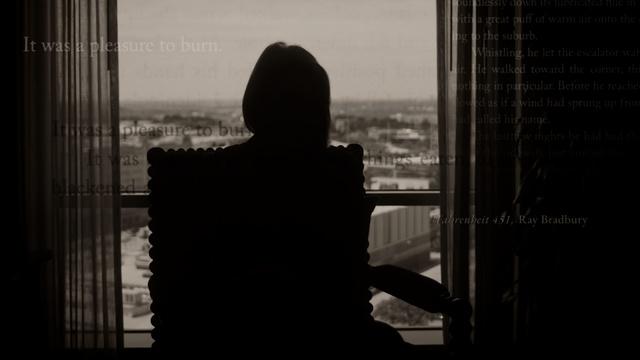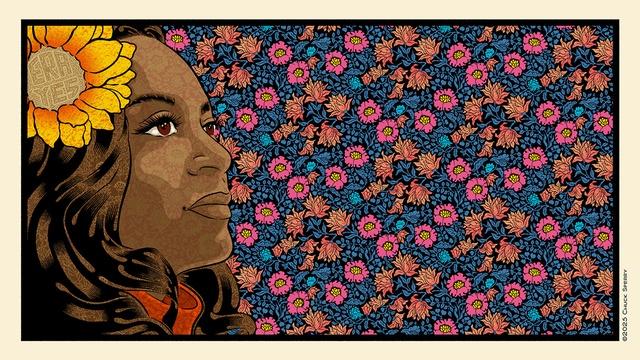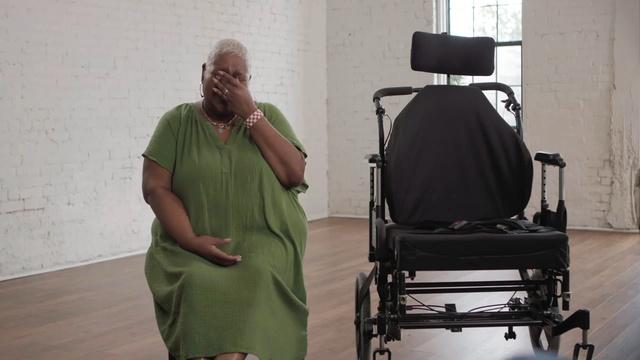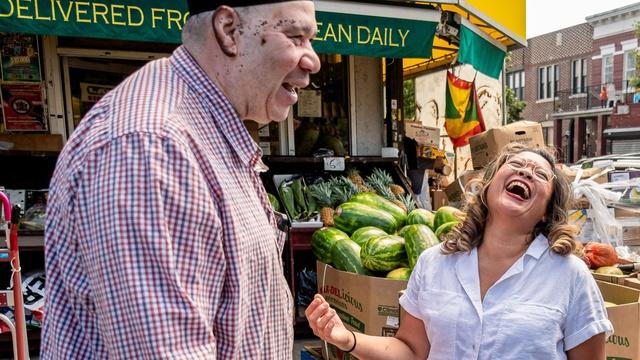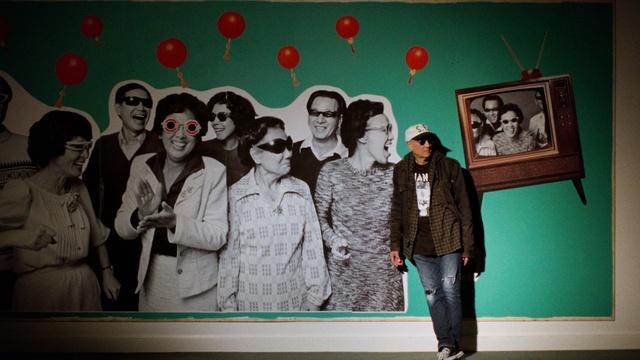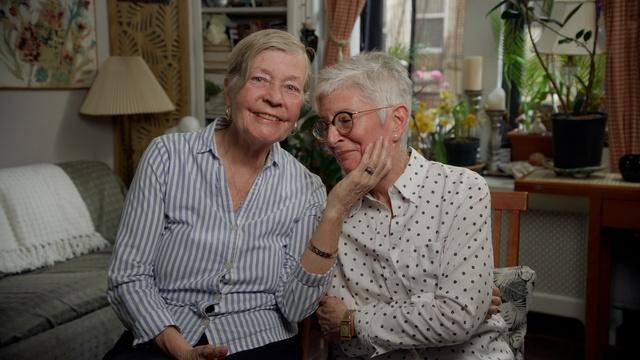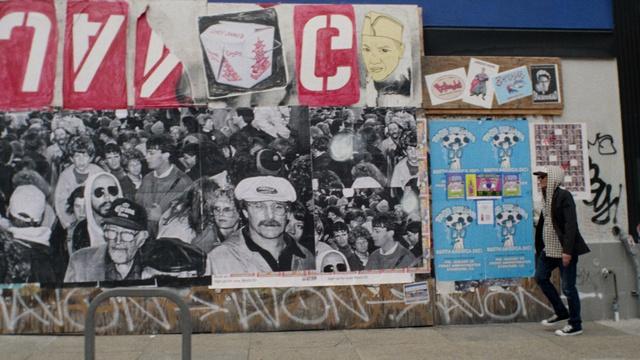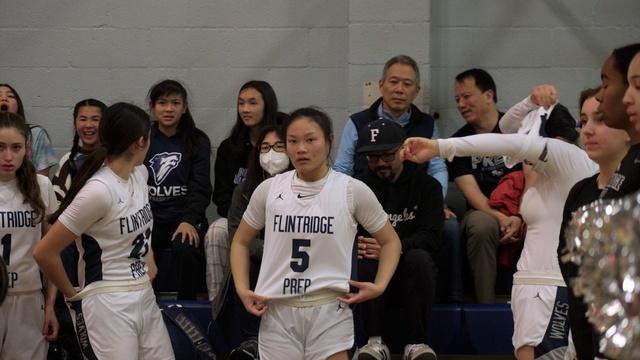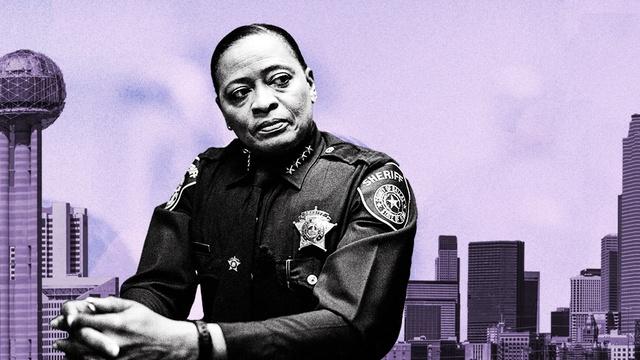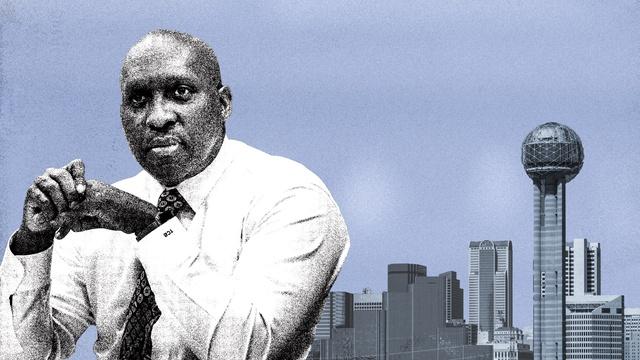Black Heritage Trail of New Hampshire Hosts Community Dialogue Series
CLAIMING OUR PLACE: BLACKS IN “WHITE SPACES”
From BHTNH Press Release
Portsmouth, NH: Hundreds of people have participated in the first three 2021 Elinor Williams Hooker Tea Talk Series, Claiming our Place: Blacks in ” White Spaces”. These virtual community dialogues, free and open to the public, will continue for the next three Sundays, February 28, March 7, and March 14, 2:00–4 :00 pm. Designed to challenge one’s assumptions about race and place, the 2021 Tea Talk Series explores how African Americans navigate various traditionally “white spaces” where Blacks and People of Color have been marginalized, unexpected, or typically absent. Through shared stories and dialogue, this series offers opportunities to rethink the role and place of race, to broaden perspective and understanding, and to reach toward reconciliation. Presented by the Black Heritage Trail of New Hampshire and sponsored in part by a grant from New Hampshire Humanities, these winter Tea Talks are a series of participatory lectures related to New Hampshire’s Black history and African American culture.
There is a long, rich Black history in the Granite State. The first enslaved Africans arrived in New Hampshire in 1645. Colonial New Hampshire newspapers testify to the state’s slave trade, runaways, abolitionists, and anti-abolitionist activities, followed by conflicting opinions about the Civil War. In the 20th century, the legacy of that early history was reflected in news about de facto regulations in housing and public places. For this panel, It Happened in New Hampshire: Black History in the Granite State, presenters will share and discuss the story of Black Revolutionary soldier Jude Hall of Exeter, NH and first-hand stories about the Civil Rights Movement in New Hampshire, including the Reverse Freedom rides of 1962 to this state.
Panelists for this February 28 event represent diverse backgrounds and experiences, beginning with Sharon Jones, a legendary performer and native of Portsmouth, NH. She shines as an original standout of the Seacoast music scene, with engagements throughout New England, in Boston and in New York. With her band, Sharon gives off a riff-driven, high-energy R&B and Blues performance that gets the crowd dancing.
Renay Allen is an author and resident of Exeter, NH whose most recent books include a trilogy of historical-fiction mysteries set in Exeter: Incident at Exeter Tavern (Jan 2020), Incident at Ioka (August 2020), and Incident at Exeter Depot (due April 2021). An “artivist”, she likes to apply art to social issues in the form of painting, literature, graphic design, and sometimes fabric.
Barbara Baker Williams was born in New Orleans, LA, participated in the Civil Rights Movement from 1958 to 1962, and was instrumental in integrating the city. In 1962, at age 19, because of her affiliation with the Civil Rights Movement, she was taken by two white supremacists and placed on a “Freedom Train” from New Orleans to Nashua, NH.
Senator David Watters, panel moderator, has worked as a professor of English, teaching American literature, New England studies, and New Hampshire literature and culture at the University of New Hampshire since 1978. Watters is frequently heard on New Hampshire Public Radio as a consultant for Granite State Stories and the Immigration project. David has served as a trustee of the New Hampshire Historical Society, and on the board of directors for the New Hampshire Humanities, the Portsmouth Black Heritage Trail, Pontine Movement Theatre, and Strawberry Banke Museum’s Center for the Study of Community.
The following panel, scheduled March 4, 2:00-4:00 pm focuses on The Power of Place: Martha’s Vineyard and the Growth of the Black Elite.
Black Americans traveling in the era of segregation faced serious danger from hotels and restaurants that refused to accommodate them to hostile “sundown towns” where posted signs warned people of color that they were banned after nightfall. Out of necessity, Black travelers gathered in towns like Oak Bluffs on Martha’s Vineyard, which were initially established by freed slaves who sought shelter there.
In the 1930’s and 1940’s, as African Americans in urban centers like New York, Washington, DC, and Boston began to establish themselves as part of the middle and upper-middle class, they flocked to the East Coast shoreline in the summer to enjoy the beaches and the bonfires. In this conversation, panelists will share personal stories and the history of the growth of the Black Elite on the Vineyard and how this upwardly mobile Black community recast the borders of white spaces.
Featured on this panel are four outstanding Black women with a breadth of knowledge and experience. Gretchen Sorin’s latest book, Driving while Black: African American Travel and the Road to Civil Rights, is currently featured in the PBS documentary by Ric Burns. Sorin is a distinguished professor and director of the Cooperstown Graduate Program of the State University of New York. She writes and lectures frequently on African American history and museum practice.
Joanne Dowdell worked in the Washington, DC area for Congressional Quarterly and FDA news from 1989-2002 and she served as Senior Vice president of Global Government Affairs at New Corp. In 2003, Dowdell moved to Portsmouth, NH to become Vice President and Director of Corporate Responsibility for Citizens Advisers. She has been active in New Hampshire politics and, since 2016, has been Member-at-Large for Executive Committee in the Democratic Party.
Loren Van Allen is a member of the Shearer family, owners of Shearer Cottage, an African- American family-owned inn established almost 120 years ago and listed in The Negro Motorist Green Book for decades. Since the late 1800’s, six generations of Loren’s family have owned homes, land, and businesses on Martha’s Vineyard. Her great, great grandparents started going to the island for Baptist revivals and worshipped at the Baptist Tabernacle in the highlands of what was then Cottage City, reincorporated as Oak Bluffs in 1907. The Smithsonian’s National Museum of African American History honors the town in a permanent exhibit, “Power of Place.”
Bithiah Carter, moderator, is President and CEO of New England Blacks in Philanthropy, Boston, MA. She was formerly Executive Director of Grand Circles Foundation, Senior Director of the Division of Community Impact at United Way of Massachusetts Bay and Merrimack Valley, and Program Director of the Girls of Greater Boston. Carter has published several articles, including Examining the Value of Black America, In Memoriam, and Pledging Allegiance.
The final Tea Talk, On Shaky Ground: Students of Color in Predominantly White Institutions will take place on Sunday, March 14. Young New Hampshire students will discuss the racial pressures that they experience while attending a white educational institution and the ways they navigate the campus environment.
For more information and to register for these programs, all of which are free and open to the public, please visit Black Heritage Trail NH Tea Talks
The Black Heritage Trail works to open hearts and minds for a deeper understanding of who we are as a collective and to celebrate a people’s history of resilience, versatility, and courage. Its purpose is to promote awareness and appreciation of African American history and culture in New Hampshire through education and public programs.
Return to the
Real Talk
Main Page
Watch Online
TV Schedule
-
journeys in japan
Journeys In Japan
Sunday, 12/21 at 10:30 A.M. on CREATE -
free for all: the public library
Independent Lens
Tuesday, 12/23 at 12:00 P.M. on EXPLORE -
storming caesars palace
Independent Lens
Tuesday, 12/23 at 1:30 P.M. on EXPLORE -
matter of mind: my als
Independent Lens
Tuesday, 12/23 at 3:00 P.M. on EXPLORE

